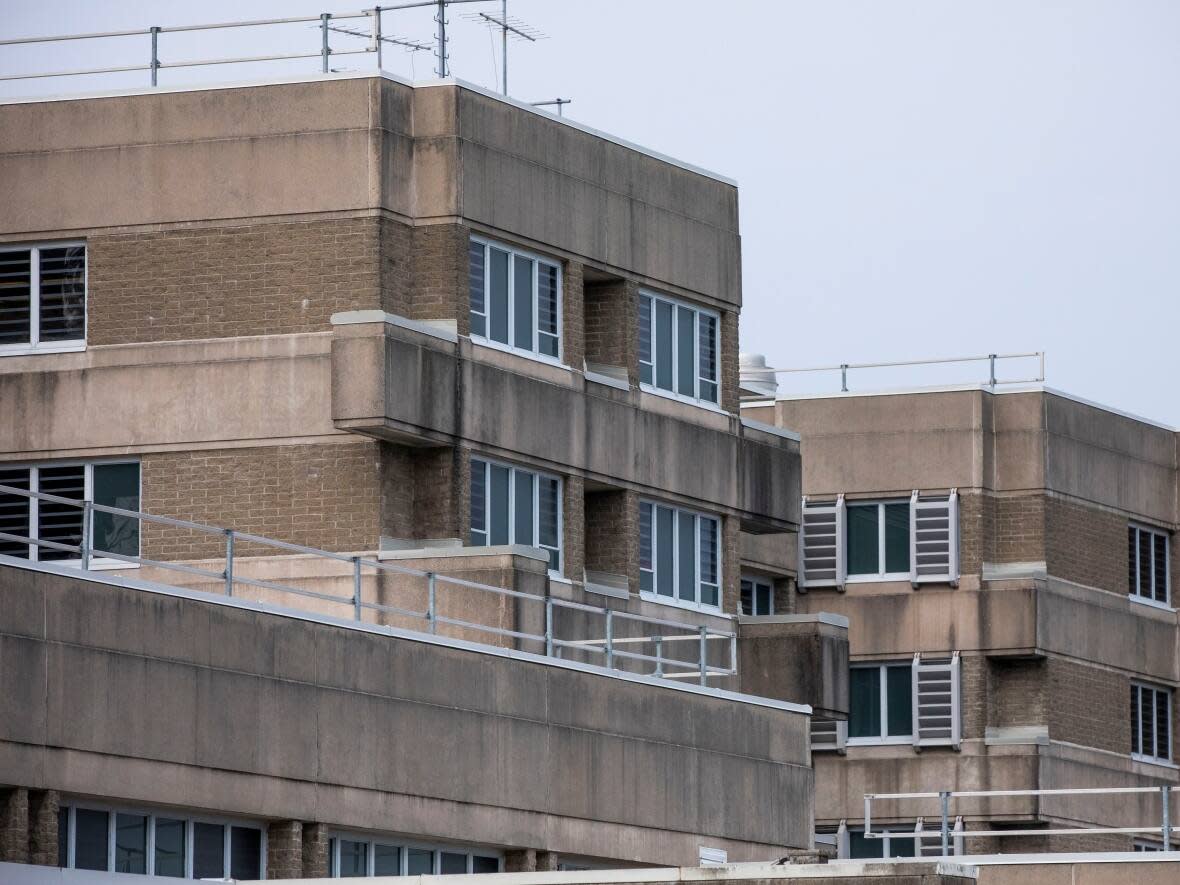Indigenous inmates need better access to mental health, substance use services: B.C. auditor general

The Provincial Health Services Authority (PHSA) did not consistently provide access to mental health and substance use services for Indigenous people in British Columbia correctional centres, according to B.C.'s Office of the Auditor General.
A statement from the office of Auditor General Michael Pickup says the PHSA — which has been responsible for health care in B.C.'s 10 correctional centres since 2017 — "could not confirm whether Indigenous clients entering correctional facilities were provided necessary mental health and substance use services, assessed appropriately or if discharge care plans were in place for their release."
An audit of 92 files of Indigenous clients from 2019 to 2021 found gaps in monitoring and oversight by the PHSA attributed to limited capacity of its client health information system and a lack of client file reviews.
Pickup said the system cannot generate detailed reports, making it difficult for staff to assess whether they're providing required services to everyone who needs them.
"After looking at these files, we found that the PHSA Is not fully delivering on what it is supposed to do," Pickup said in a news conference on Thursday. "And frankly, the PHSA needs to do better to care for Indigenous people in correctional centres."
The audit found that while health screenings for most Indigenous clients were completed on time, the PHSA did not consistently complete comprehensive assessments, detailed care plans or ensure clients were connected with services.
Fewer than half of Indigenous client files in the sample had a complete care plan for mental health and/or substance use services. About 80 per cent of clients received some services, while around 20 per cent received no services.
The audit also found seven per cent of clients in the sample had a plan for discharge, while over half received some sort of discharge planning.
When asked whether non-Indigenous inmates face similar gaps in mental health and substance use services, Pickup said he couldn't make that assumption, but the audit does raise "fair questions that people may want to ask'' the health authority.
Pickup says Indigenous people are over-represented in correctional centres, where the impacts of colonialism and discrimination are evident.
In 2020-21, B.C. Corrections held approximately 1,500 individuals in custody on an average day, with about 500 identifying as Indigenous, the auditor general's office states. Between 2019 and 2021, around 90 per cent of Indigenous men and women in provincial custody had a diagnosed mental health and/or substance use disorder.
Pickup says it's important to remember there are real people behind the numbers in his report.
"These are real people, each with individual issues, be they substance-related or mental health-related or both," he said. "Each one of these people is equally important, and it's equally important that each has that continuum of care."
The audit includes four recommendations to improve internal reporting and oversight of mental health and substance use services in B.C. correctional centres. PHSA accepted all four recommendations.


